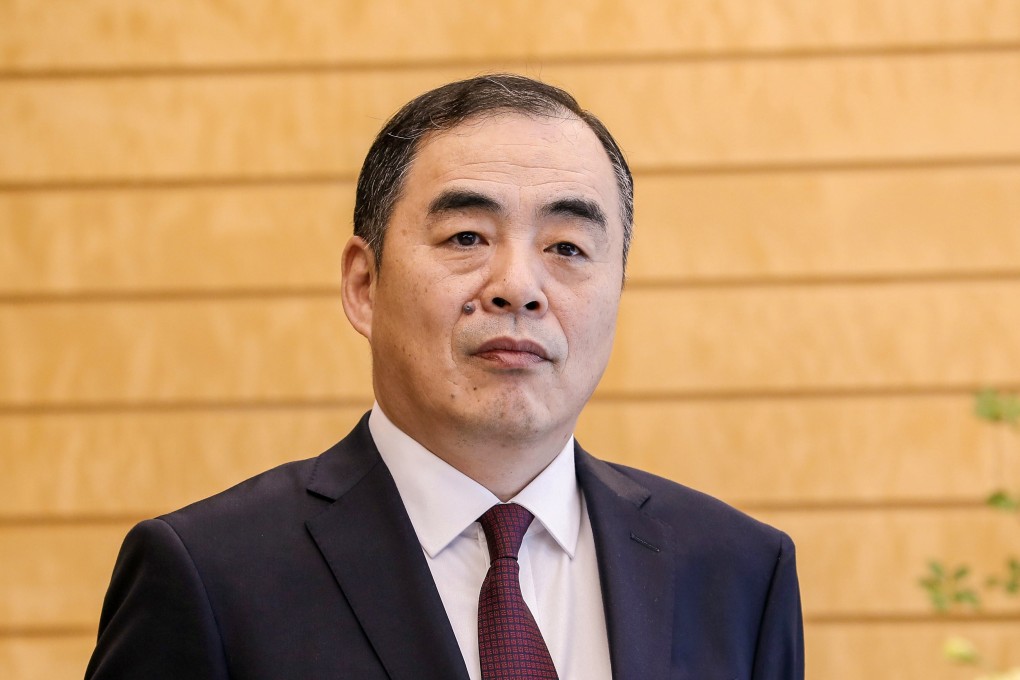Advertisement
Beijing’s ambassador to Japan appears less Wolf Warrior but holds line that China will defend itself
- Japan urged not to host American intermediate-range missiles and upset the regional security balance
- Kong Xuanyou says tension over the Diaoyu Islands ‘will not do China any good’
Reading Time:3 minutes
Why you can trust SCMP

China opposes a so-called new cold war and will resolutely defend its sovereignty, security and development interests, according to the Chinese ambassador to Japan, Kong Xuanyou.
The remarks were made by Kong in a wide-ranging interview to Japan’s Asahi newspaper on Friday, during which he touched on a number of controversial such as the China-US relationship, China’s policies on Xinjiang and Beijing’s moves regarding the Diaoyu Islands, which Japan calls the Senkaku Islands.
The Chinese version of the transcript was released by the Chinese embassy to its website on Sunday.
Advertisement
This is the second major interview given by Kong since he became ambassador in May last year. In his previous interview, he called on Japanese leaders to work together with Beijing to improve relations.
The latest interview came amid rising tensions between China and the US on issues ranging from the Covid-19 pandemic to trade and technology, and Beijing and Washington were locking horns on security issues, including the South China Sea and Taiwan, fuelling speculation that the world faced a looming cold war if the two countries failed to mend ties soon.
Unlike other Chinese diplomats who have been strident about Washington’s hostility against China, Kong appeared to take a less hawkish approach to soothe Japan’s concerns.
Advertisement
Select Voice
Select Speed
1.00x